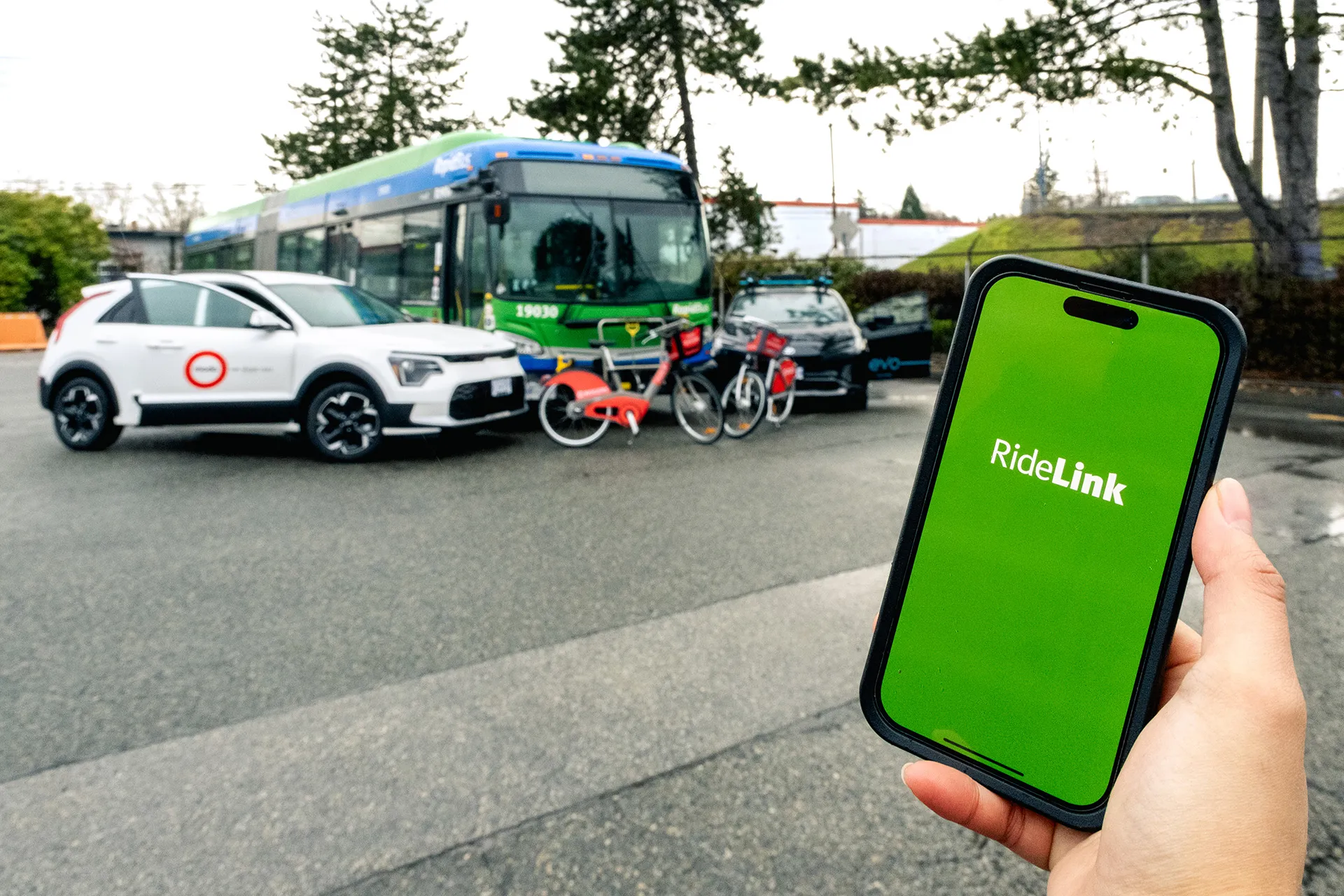In the Netherlands, researchers are carrying out a pilot study using the Radio Dynamic Speed Advice (RDSA) app, developed by Dutch company Amaryllo MMG, specialist in radio technology, aided by navigation solution solutions provider NNG, who integrated the app into their software. The study aims to determine how intelligent apps can positively influence human behaviour in traffic. Around 300 participants driving on a busy access road are currently being provided with in-car advice on how to catch green wave
September 21, 2012
Read time: 3 mins
In the Netherlands, researchers are carrying out a pilot study using the Radio Dynamic Speed Advice (RDSA) app, developed by Dutch company 6592 Amaryllo MMG, specialist in radio technology, aided by navigation solution solutions provider NNG, who integrated the app into their software. The study aims to determine how intelligent apps can positively influence human behaviour in traffic.
Around 300 participants driving on a busy access road are currently being provided with in-car advice on how to catch green waves. They are also being warned of approaching emergency vehicles.
When a vehicle involved in the study passes over an inductive loop, the traffic signal control system calculates a recommended speed to allow the driver to arrive at the next traffic signal during its green phase. The control system is equipped with a transmitter that transmits this advice by means of an FM radio frequency of 105.1 MHz. Tucked away in the connecting cable of the pilot study driver’s navigation system is an FM receiver that picks up the signal. The RDSA app displays this advice on the screen.
Staff in an emergency vehicle can use a responder to request the activation of the blue wave. This signal is picked up by the traffic signal control system: the system not only times the traffic signals to turn green for the approach of the emergency vehicle (a service already in use in the Netherlands) but also informs nearby pilot study drivers by means of the FM transmitter.
According to the researchers, say the technology used in the pilot is proven technology and thus highly cost-effective. The transmitters and receivers are inexpensive and easy to implement in existing traffic signal control systems and navigation systems. Modifications in navigation software are also easy to introduce. NNG was already in the process of adapting its navigation software for third-party apps. RDSA is a good example of how this is leading to smart, cost-effective applications.
Other participants in the study include Amaryllo, whose FM transmitter was installed in an existing769 Imtech-101 Peek Traffic signal control system that was already equipped with the Odysa green wave module from DTV Consultants, Belgian company 6593 Be-Mobile who provided the control platform for the RDSA service, and 6594 Goudappel Coffeng who will be responsible for the evaluation of the pilot study.
Around 300 participants driving on a busy access road are currently being provided with in-car advice on how to catch green waves. They are also being warned of approaching emergency vehicles.
When a vehicle involved in the study passes over an inductive loop, the traffic signal control system calculates a recommended speed to allow the driver to arrive at the next traffic signal during its green phase. The control system is equipped with a transmitter that transmits this advice by means of an FM radio frequency of 105.1 MHz. Tucked away in the connecting cable of the pilot study driver’s navigation system is an FM receiver that picks up the signal. The RDSA app displays this advice on the screen.
Staff in an emergency vehicle can use a responder to request the activation of the blue wave. This signal is picked up by the traffic signal control system: the system not only times the traffic signals to turn green for the approach of the emergency vehicle (a service already in use in the Netherlands) but also informs nearby pilot study drivers by means of the FM transmitter.
According to the researchers, say the technology used in the pilot is proven technology and thus highly cost-effective. The transmitters and receivers are inexpensive and easy to implement in existing traffic signal control systems and navigation systems. Modifications in navigation software are also easy to introduce. NNG was already in the process of adapting its navigation software for third-party apps. RDSA is a good example of how this is leading to smart, cost-effective applications.
Other participants in the study include Amaryllo, whose FM transmitter was installed in an existing










